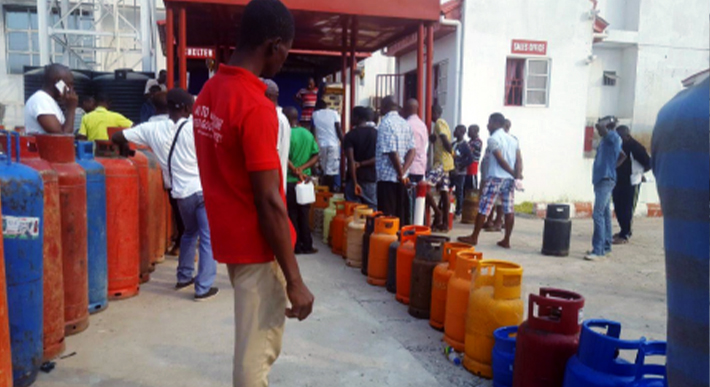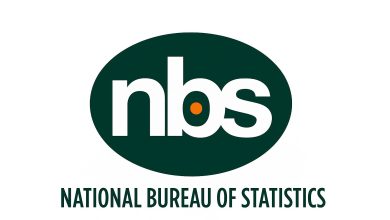Cooking Gas Shortage Worsens Nationwide as Prices Skyrocket to ₦25,000 per Cylinder
Cooking gas scarcity has hit major Nigerian cities, with prices soaring and supplies dwindling nationwide.
Marketers blame the disruption on a recent PENGASSAN strike that halted distribution from major depots.
Nigerians in major cities are struggling to cope with a growing shortage of cooking gas, as supplies have dwindled and prices continue to climb sharply across the country. Many households are now forced to ration the essential commodity or switch temporarily to alternative energy sources such as kerosene and charcoal.

Visits to several gas refilling stations in Lagos, Abuja, Port Harcourt, and Kano revealed that many outlets have either shut down or displayed “no gas” signs. Those still operating have adjusted their prices significantly, blaming limited deliveries and increased wholesale costs.
The Executive Secretary of the Nigerian Association of Liquefied Petroleum Gas Marketers (NALPGAM), Bassey Essien, confirmed that the recent industrial action by the Petroleum and Natural Gas Senior Staff Association of Nigeria (PENGASSAN) was largely responsible for the current disruption in supply. He explained that the strike, which affected several depots and loading points, temporarily halted the distribution network of cooking gas across the country.
“Dangote Petroleum Refinery is currently the largest local supplier of cooking gas in Nigeria,” Essien told reporters. “When the PENGASSAN strike began, the movement of the product was interrupted, and dealers were unable to replenish their stock. What we are experiencing now is the result of demand far exceeding available supply. However, with the strike now resolved, we expect distribution to normalize gradually in the coming days.”
Consumers are already feeling the pinch. The cost of refilling a 12.5-kilogram cylinder has surged from about ₦17,500 last week to between ₦24,000 and ₦25,000. A kilogram of gas now sells for between ₦1,500 and ₦2,000 depending on location, forcing many families to cut down usage or seek cheaper alternatives.
Industry experts warn that unless supply stabilizes soon, the rising cost of cooking gas could further strain household budgets and worsen inflation. They also urged the government to expand domestic production and storage capacity to reduce dependence on volatile supply chains and protect consumers from recurring shortages.



